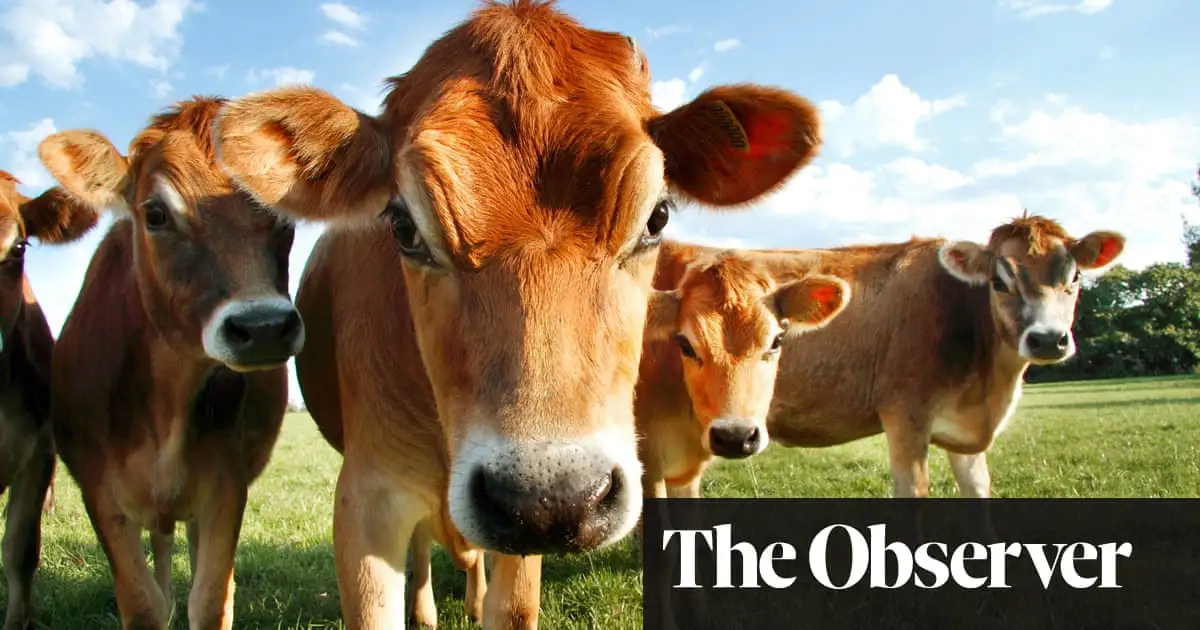Ministers are preparing to introduce legislation that will permit the growing of gene-edited crops in England and Wales. But the new legislation will not cover the use of this technology to create farm animals that have increased resistance to disease or lower carbon footprints.
The decision has dismayed some senior scientists, who had expected both uses of gene editing would be given the go-ahead. They fear the decision could hold back the creation of hardier, healthier herds and flocks. Animal welfare groups have welcomed the move, however.
…
The Genetic Technology (Precision Breeding) Act, which approves the use of gene-editing technology, was passed by the previous government. But secondary legislation is needed to implement the law and this was not passed before the general election.
The farming minister, Daniel Zeichner, has since announced the current government would pass that secondary legislation, but only for plants and the food and feed derived from them. “No decision has been taken on bringing forward legislation that enables the Precision Breeding Act for animals,” a spokesperson for the Department for Environment, Food and Rural Affairs said last week.
Scientists working on diseases in animals were critical of this inaction. “This could have a detrimental impact on the research landscape in this country,” said Prof John Hammond, director of research at the Pirbright Institute, near Woking. “In an age of climate change and other threats, we need to be able to make the best use of technologies like gene-editing to improve the lives of animals.”
Prof Helen Sang of the Roslin Institute in Scotland agreed. “With a virulent strain of porcine reproductive and respiratory syndrome wiping out pig herds in Spain, African swine fever on the march north through Europe, and bird flu virus detected in both dairy cattle and their milk in the US, the importance of enabling all potential solutions as soon as possible, including precision breeding, cannot be overstated,” she wrote in a letter to environment ministers.
However, the decision to indefinitely delay the introduction of gene-edited animals was welcomed by Penny Hawkins, head of the RSPCA’s Animals in Science Department. “Every year, about 12% of food from animals is wasted. So it is completely unethical to push animal productivity even further when so much is thrown away already,” she said.



Honestly the only thing that concerns me about GM crops is allowing companies like monsanto to have patent monopolies on seeds.
Depending on the way it’s modified, I think there’s some environmental risk particularly for soil erosion and potentially cross breeding with non-modified crops.
I don’t think these should stop us from making better food sources, but it does concern me because there isn’t much corporate incentive to adequately test for these things.